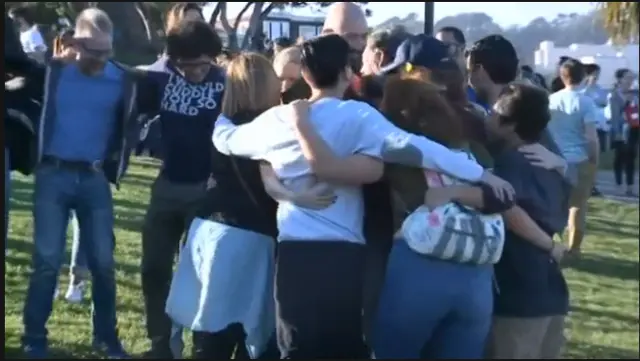The UN Security Council on Wednesday extended the mandate of an expert panel established to monitor and enforce sanctions against Iran over its failure to cooperate with the International Atomic Energy Agency ( IAEA) regarding its controversial nuclear program.
The mandate extension was contained in a resolution unanimously adopted by the 15-nation UN body.
Under the new resolution, the Security Council extended the expert group's mandate for one year, through July 9, 2014.
The Security Council emphasized "the importance of credible, fact-based, independent assessments, analysis, and recommendations, in accordance with the mandate" of the group, the resolution said.
The resolution also asked the panel to provide a midterm report on its work to the council's sanctions committee "no later than 9 November 2013."
The Security Council has imposed multiple rounds of sanctions on Iran since 2006, including a ban on all items which could contribute to the Middle East country's enrichment of uranium, a necessary step for both peaceful and militaristic uses of nuclear energy, and arms sales and a freeze on assets.
Major western powers suspect Iran is trying to develop nuclear weapons through its nuclear program, which Tehran insists is for civilian purposes only.
The issue has been of international concern since the discovery in 2003 that Iran had reportedly concealed its nuclear activities for 18 years in breach of its obligations under the Nuclear Non-Proliferation Treaty (NPT).
Earlier on Wednesday, the IAEA issued a statement after a board of governor meeting, urging Iran to suspend its nuclear activities.
"We are deeply concerned that Iran continues to undertake certain nuclear activities contrary to the relevant resolutions of the Board of Governors and the UN Security Council," the statement noted.
The UN atomic agency expressed deep concern that Iran continues to push forward its nuclear plan including installing advanced centrifuges, production of enriched uranium, and construction of the IR-40 reactor at Arak.
The IAEA urged Iran to fully cooperate with the agency to resolve the outstanding issues in its nuclear program, and suspend its nuclear activities which violate relevant resolutions of UN Security Council.
Iran has refused to cooperate with the IAEA over its nuclear program, Yukiya Amano, director-general of the UN nuclear watchdog, said in Moscow on May 17.
The IAEA didn't know whether Iran's nuclear program has a military goal, Amano said in a speech at the International Relations Institute in Moscow.
The agency has expressed its concerns on various occasions that Iranian authorities didn't allow international inspectors to inspect its nuclear facility in Parchin, he noted.
Over the past few months, Tehran and the IAEA held several rounds of talks to develop a structured approach to addressing the Iran nuclear issue, but no agreement was reached.
The nuclear watchdog suspects that some nuclear experiments might have been conducted in Parchin. Iran denied the allegations, saying that the IAEA should first present documents explaining its intended visit to the military site.
 简体中文
简体中文



